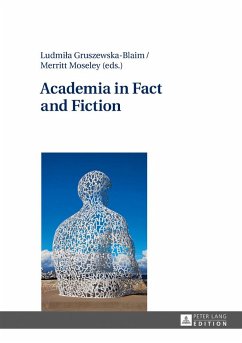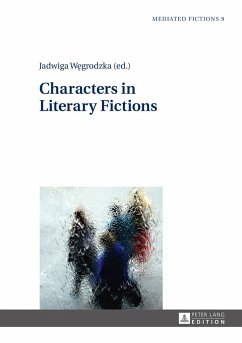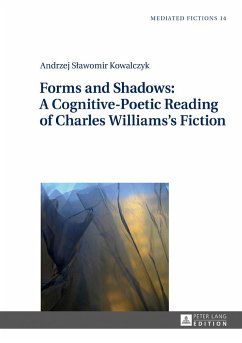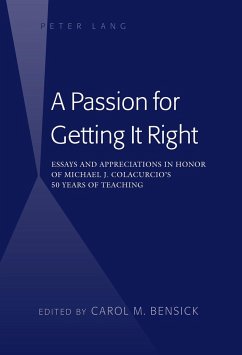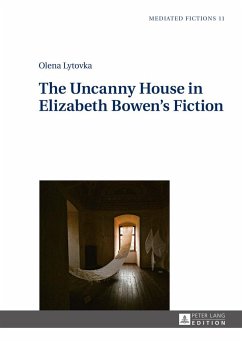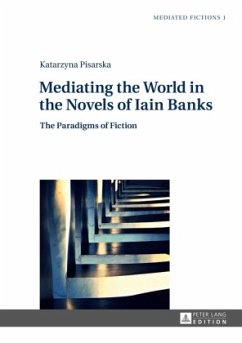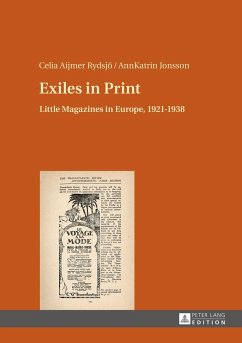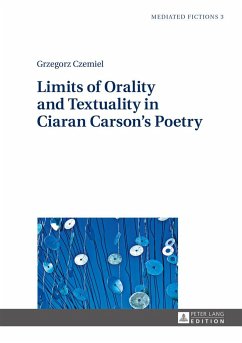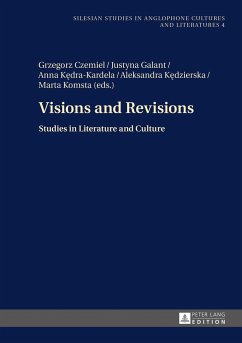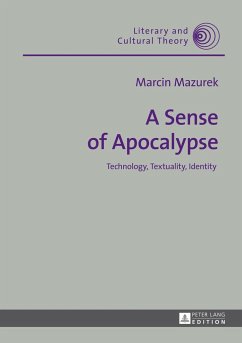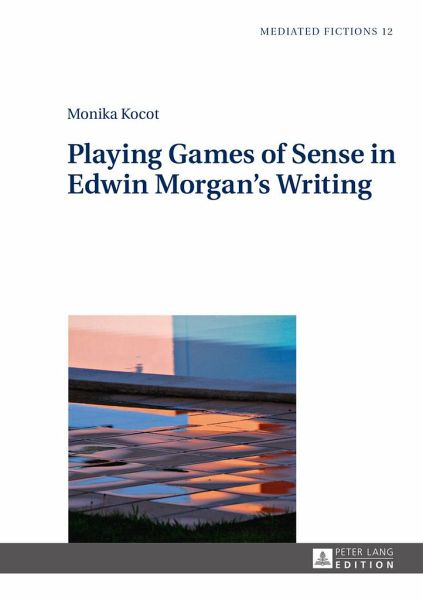
Playing Games of Sense in Edwin Morgan's Writing
Versandkostenfrei!
Versandfertig in 6-10 Tagen
73,30 €
inkl. MwSt.

PAYBACK Punkte
0 °P sammeln!
Monika Kocot's book on Edwin Morgan's literary achievement, both poetry and drama, foregrounds the themes of cultural transgression, dialogism of the author's creative design, and various, potentially subversive games of sense creation: "verbivocovisual" constellations, mythopoetic "writings-through" and intersemiotic translations.





